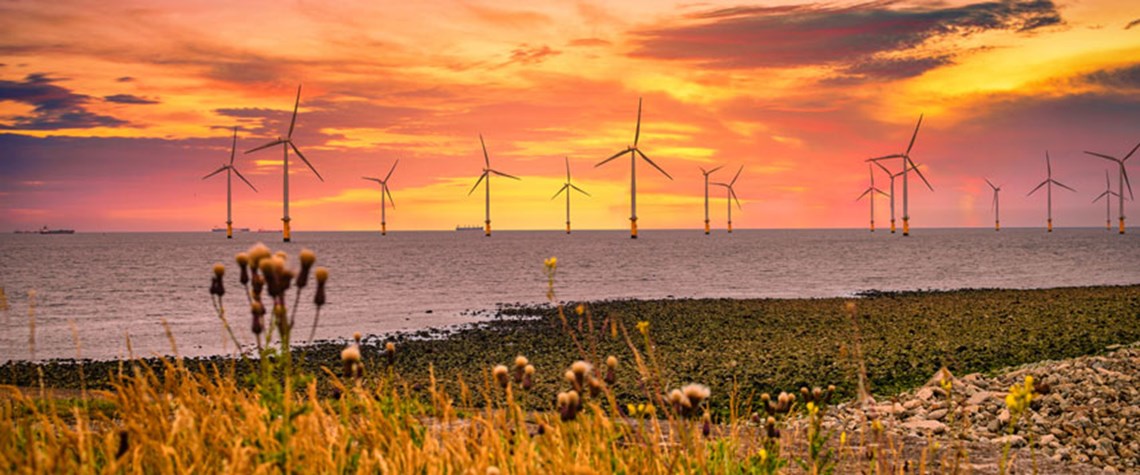US offshore wind reaps tech boost after delay
‘Designing with uncertainty’ concept has worked out to the advantage of east coast projects
Engineers working on large infrastructure projects use a concept known as designing with uncertainty. The approach reflects the reality that, over time, costs tend to rise, policymakers change their minds and construction techniques evolve. Typically, for example, a new subway line through Manhattan will rise in cost for every year its start date is delayed. But what if technology is advancing so quickly that project delays confer advantages—as deployment challenges lessen—and costs fall? Something like this just happened in the US. Vineyard Wind, an 800MW project at the front end of a new offshore wind industry—delayed for years by the Trump administration—is now set to go forward. Forward,

Also in this section
9 January 2026
A shift in perspective is needed on the carbon challenge, the success of which will determine the speed and extent of emissions cuts and how industries adapt to the new environment
2 January 2026
This year may be a defining one for carbon capture, utilisation and storage in the US, despite the institutional uncertainty
23 December 2025
Legislative reform in Germany sets the stage for commercial carbon capture and transport at a national level, while the UK has already seen financial close on major CCS clusters
15 December 2025
Net zero is not the problem for the UK’s power system. The real issue is with an outdated market design in desperate need of modernisation







